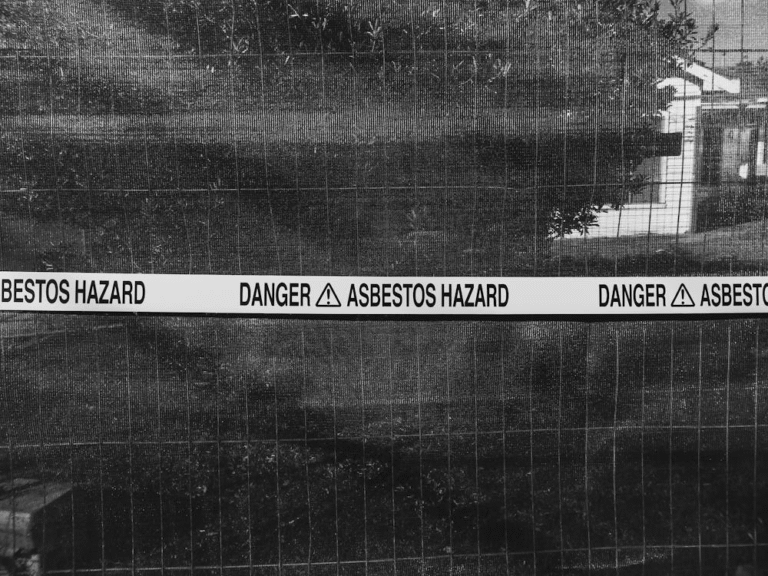Mesothelioma can have unpredictable patterns that may complicate the compensation process. These include remission, which offers a window of hope for individuals battling the condition. However, it also introduces legal complications like proving injury, damage, and compensation eligibility. During this stage, medical records become a cornerstone of any successful claim. Therefore, this article breaks down the key roles of medical documentation during mesothelioma remission.
How Remission Complicates Legal Claims
When a mesothelioma patient enters remission, it means that the cancer is no longer progressing and is showing no visible symptoms. This is a positive response to medication. However, it can introduce gray areas in the ongoing legal proceedings. For instance, insurance companies or defense attorneys may argue that remission reduces the level of suffering or long-term damage. Others may claim that the disappearance of the signs implies recovery.
These arguments can reduce potential settlements as defendants may push for lower payments. That is because they believe the condition is currently inactive or absent. However, it is important to note that it is not curable and carries unending risks. This is where comprehensive treatment records become essential.
Why Medical Records Matter in These Cases
In any cancer legal claim, especially when the condition shows a positive response to treatment, the burden of proof heavily rests on the patient. Courts and asbestos trust funds require patients to prove that they still have monetary and emotional challenges dealing with the condition. That is true even as they enter mesothelioma remission. This is only possible if you have detailed and verifiable hospital records.
An exhaustive analysis of medical data reveals the connection between asbestos exposure and mesothelioma development. Work history and environmental vulnerability information recorded in hospital files can create a vivid image of the occurrence place and time. The information also supports claims for future medical expenses, emotional trauma, or lost income. Without a clear, consistent medical trial, your case may be weakened, even if your post-remission suffering is genuine.
Key Medical Records That Strengthen Your Legal Case
A strong legal case during remission depends on the quality, completeness, and continuity of medical documentation. Insurance companies and courts often rely on some critical medical documents to proceed with the case. These include initial diagnosis reports that confirm the condition’s subtypes and imaging results. Oncology data like chemotherapy regimes, radiation schedules, and notes from surgeons can also help.
Records that connect you to exposure sites can help track your exposure history. These include employment health screenings and worker’s compensation documents. Moreover, statements from physicians estimating the likelihood of recurrence or long-term health consequences can strengthen legal claims during remission. Therefore, properly organizing these records is key to demonstrating that the condition continues to impact your life.
How Courts and Trusts Use These Records
Courts and trust funds use medical records to validate claims, assign liability, and calculate compensation. They achieve this through assessing the documents to prove injury and causation. For instance, judges and trust administrators scrutinize the records to determine if the diagnosis meets the legal definitions of a compensable condition. Records showing a long history of treatments and suffering before remission can justify higher settlements.
Mesothelioma remission does not mean the condition has disappeared completely. Therefore, judges use the submitted documents to determine the risk of recurrence. They will then award higher settlements if the records prove the need for ongoing doctor’s surveillance and psychological distress. In summary, it can be extremely difficult for you to convince the court or trust fund of the legitimacy and severity of any cancer claim.
How To Protect Your Case
You can take proactive steps to protect your legal case during remission. These include keeping records of all scans and treatments, and ensuring your lawyer can access them. Courts and trusts also expect continuous monitoring as evidence in your case. This indicates that the condition remains a part of your life and can influence case decisions.
Working with an attorney who specializes in mesothelioma is another key step to take. The lawyer will write comprehensive medical reports that explain your remission in the context of long-term prognosis. Therefore, do not delay taking legal action, and be cautious when describing your condition, as these can be used to downplay your suffering.
Endnote
Mesothelioma remission is a clinical term that brings hope to those suffering from the disease. However, defendants can use it to deny or delay your entitled compensation, arguing that the condition is no longer active. Therefore, you can protect your rights and secure the settlement you deserve with thorough and accurate medical records.

